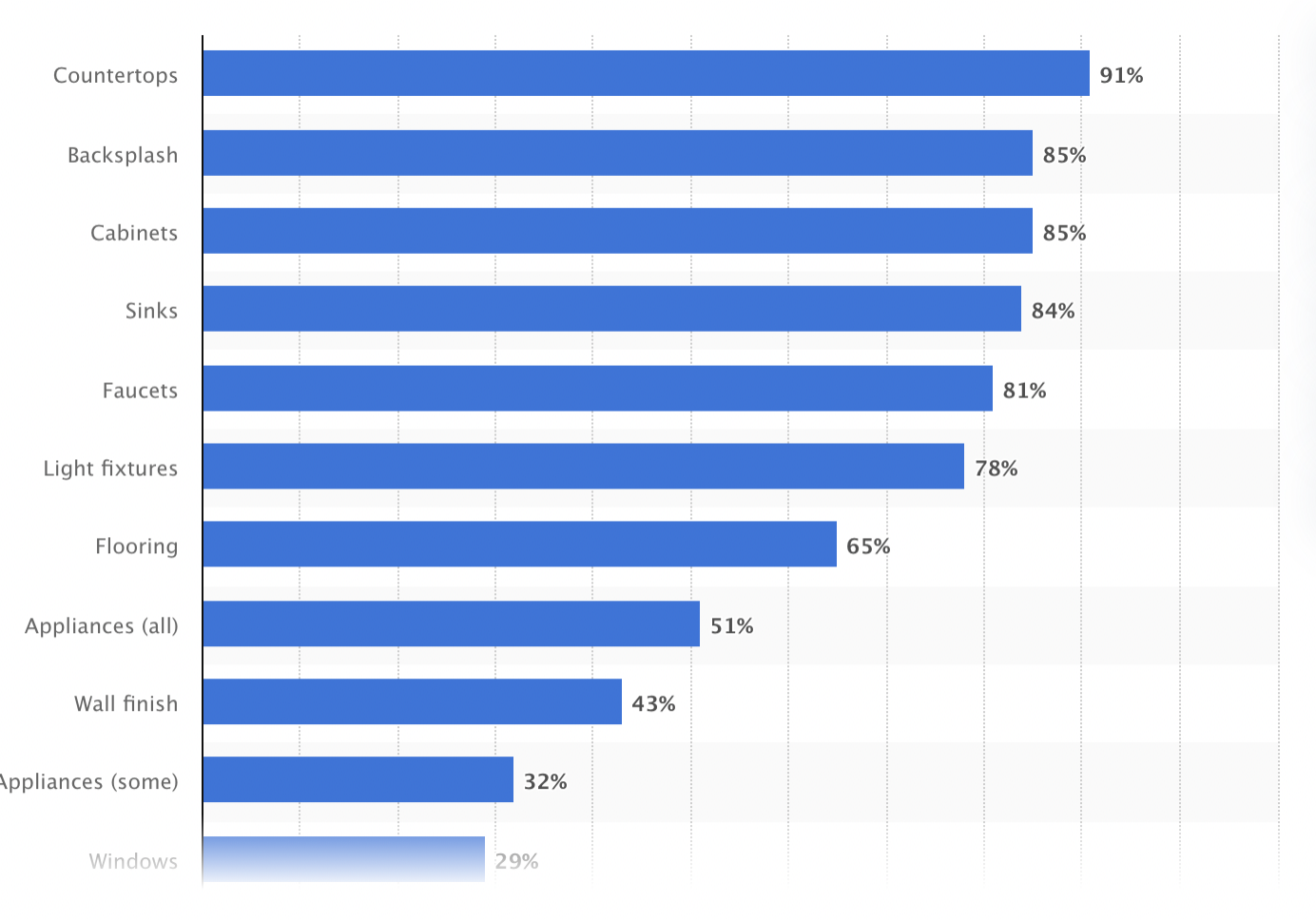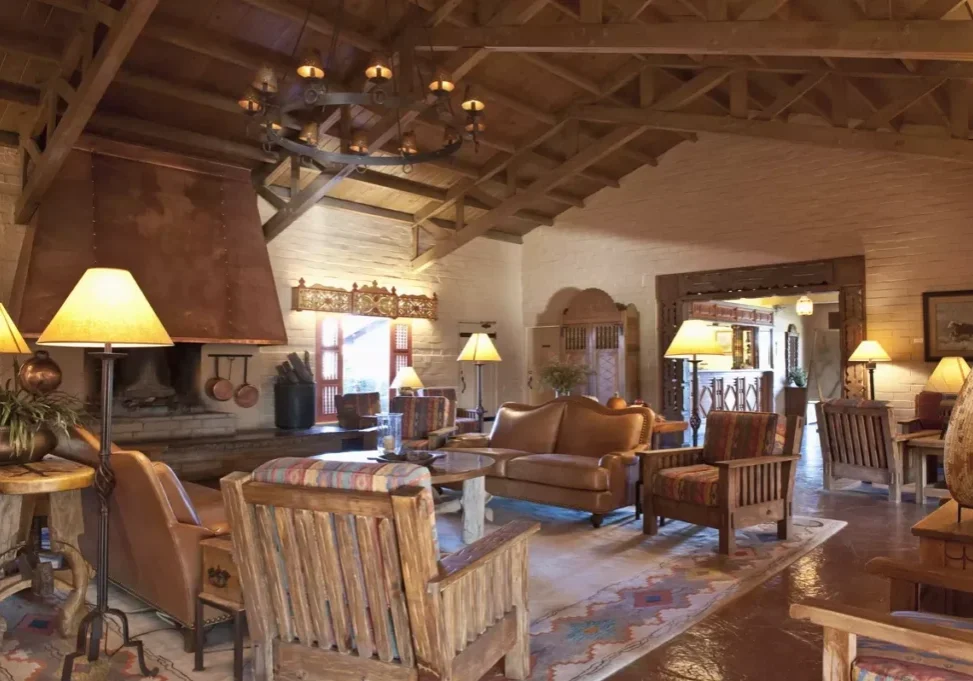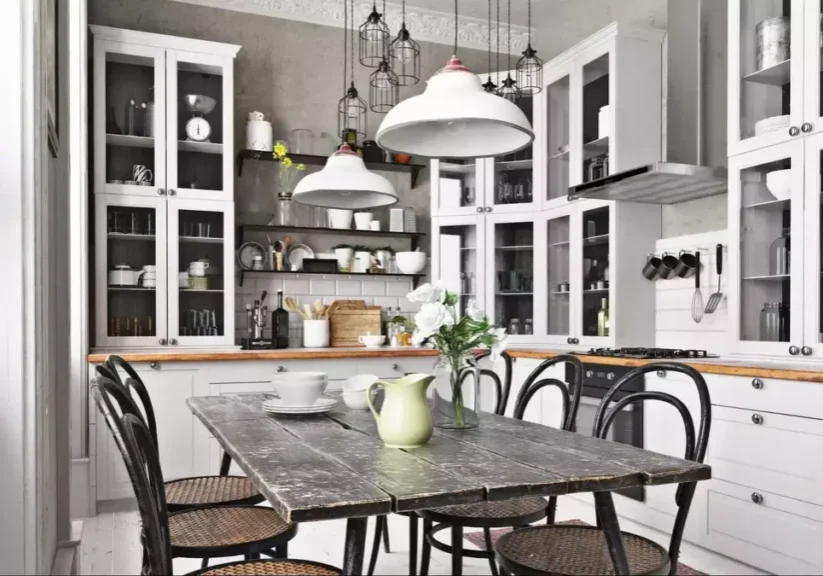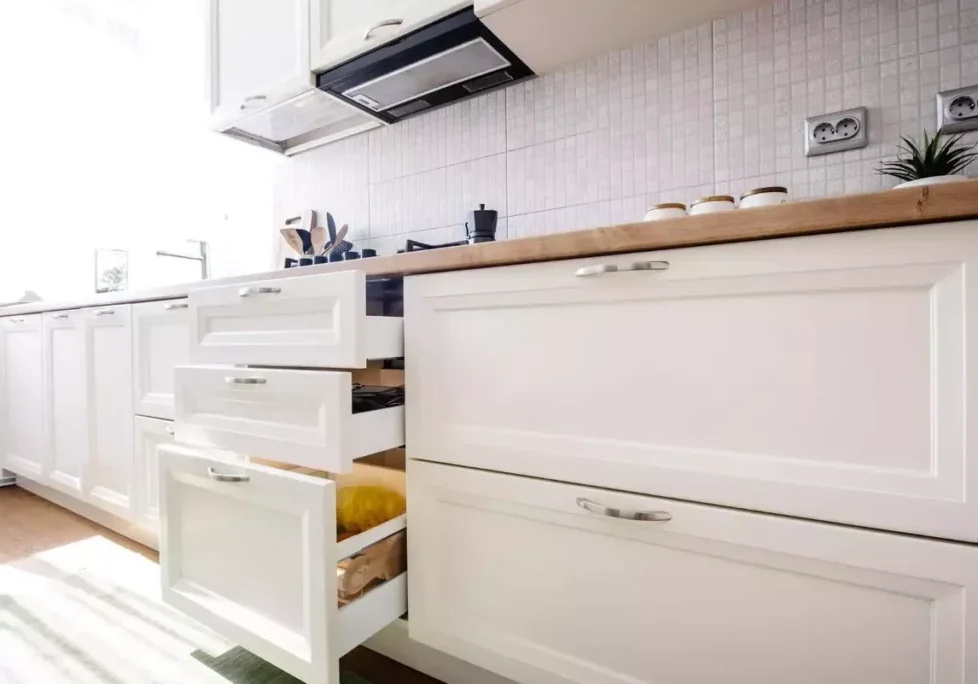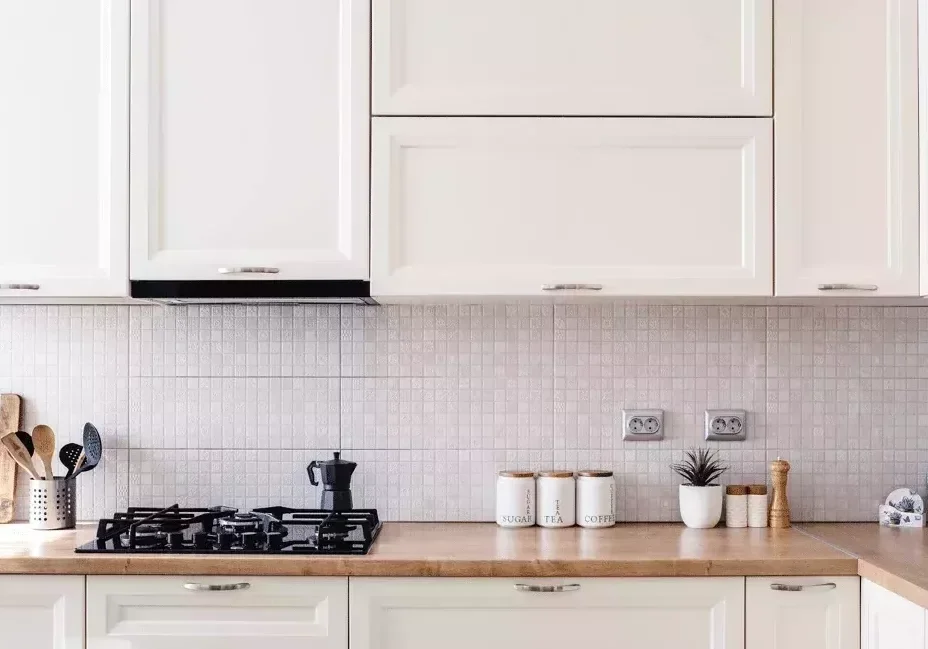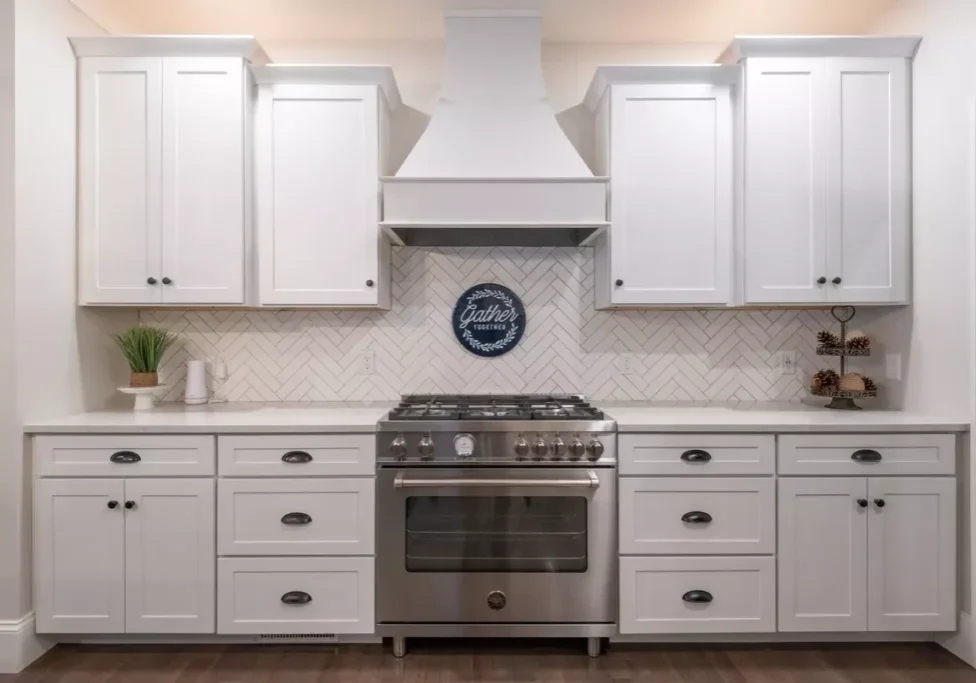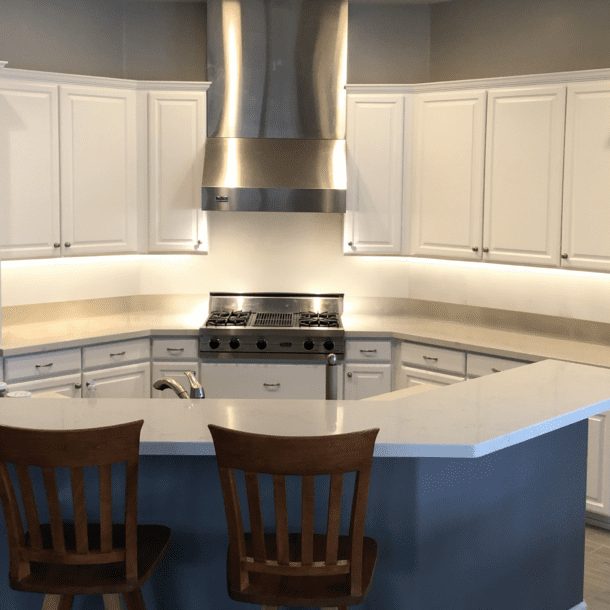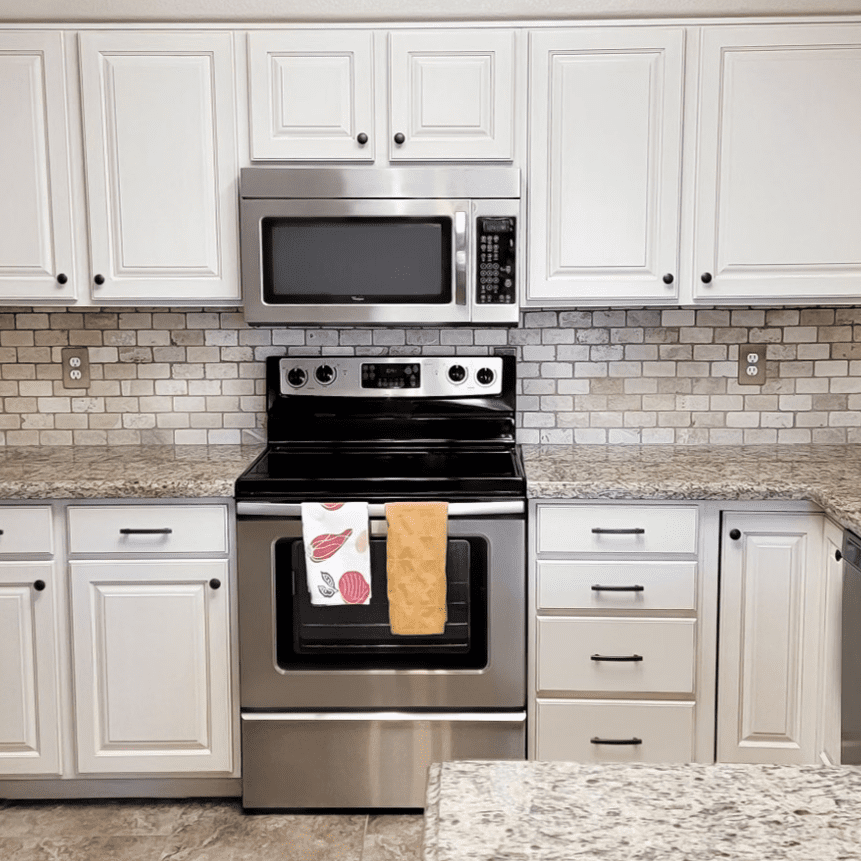Granite vs Quartz Countertops
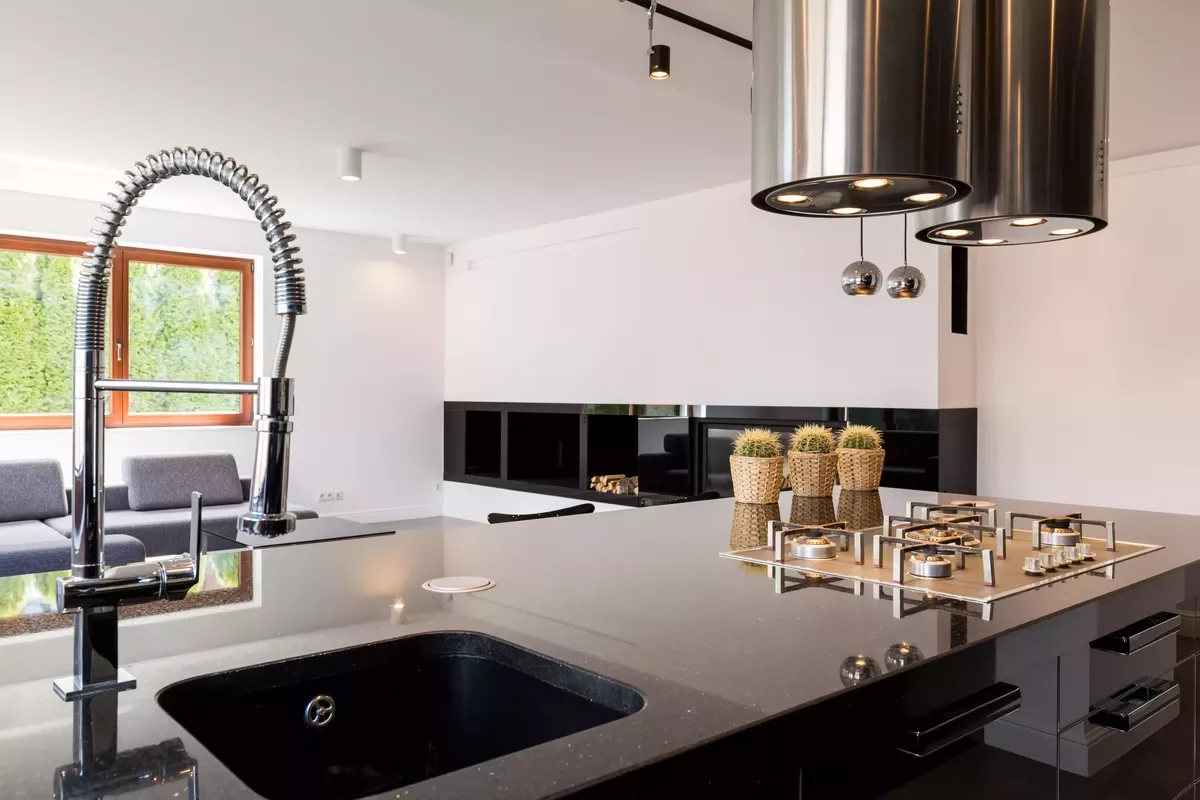
Looking to upgrade your kitchen or bathroom counters? Deciding whether to go with granite or quartz countertops can be tough.
We’re here to help you decide.
In this article, we’ll go over how granite and quartz countertops differ in:
Remodeling your entire kitchen?
Call us at (602) 560-3842 or schedule your appointment online and we’ll help you upgrade your cabinets along with your countertops for a fresh new look.
How are quartz and granite countertops made?


Granite is a naturally occurring stone. The slabs needed for granite countertops are:
- Mined from quarries
- Cut down to a manageable size
- Polished to the finish of your choice
Quartz is also naturally occurring, but quartz countertops are made from “engineered stone”, which is crushed quartz that’s pigmented and bound by a polymer resin. Depending on the manufacturer, quartz countertops can also be made from crushed granite, marble and other stones, and even include recycled materials like ceramic and glass.
Quartz countertops typically consist of 90–95% quartz (or other minerals) and 5–10% resin, polymer and pigment.
We’ll go over how the difference in manufacturing affects the appearance of quartz and granite countertops.
What do granite and quartz countertops look like?

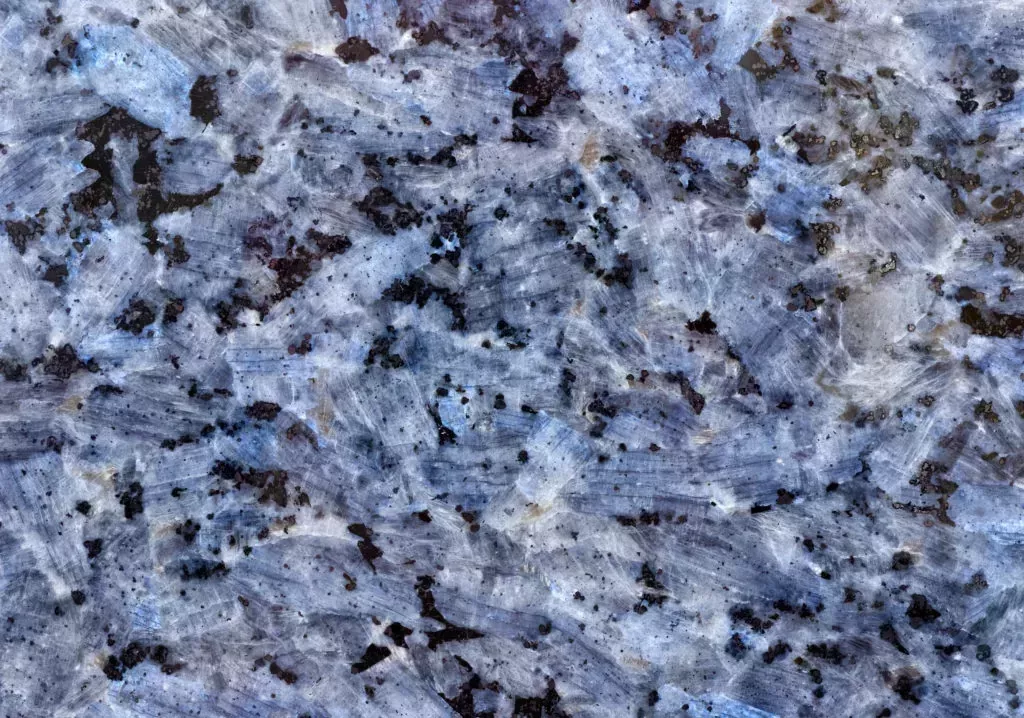
Granite and quartz countertops can look very different, but you can also find quartz countertops that look just like granite.
See, since quartzcountertops are manufactured and pigmented, you have more customization options than you would with granite. You can find quartz countertops that:
- Are a solid color (made from finely ground minerals)
- Have a speckled texture (made from coarsely crushed minerals)
- Look like granite or marble
Granitecountertops, on the other hand, display the natural variations of the stone. Granite ranges in color from browns and pinks to blues and greens.
Granite typically has 3 types of texture:
- Speckled: Looks almost like splattered paint
- Marbled: Has long, wavy stretches of color variation
- Solid (less common): A single color throughout with faint pattern variations
While you’re just a little bit more limited with granite countertops, both granite and quartz can offer just about any color and texture you want. And both will last a long time, too.
Are quartz or granite countertops more durable?


Both granite and quartz countertops can last up to 50 years if they’re used with care and properly maintained.
Neither material is indestructible—both can chip or break at corners with enough force—but quartz countertops are slightly more durable because they’re sealed with resin during manufacturing.
Because of this sealing, quartz countertops are also:
- Lower maintenance. Quartz countertops don’t need to be resealed annually like granite countertops do. Sealing granite countertops helps resist dirt and liquid, which can cause etching and staining.
- More hygienic. Since granite countertops are natural stone, they’re more porous than quartz countertops—especially if you choose a rougher finish. If not resealed annually, the pores in granite countertops can become home to bacteria.
- Less resistant to heat. The resin used to seal quartz countertops can crack or discolor when it comes in direct contact with high heat (from pots and pans). Granite countertops can also be damaged by heat, but have a much higher tolerance since they’re solid stone.
Now we’ll get into what’s probably in the back of your mind: cost.
How much do granite and quartz countertops cost?
When installing new countertops, you can expect to pay the following:
- Granite countertops: $35 to $160+ per square foot
- Quartz countertops: $45 to $400+ per square foot
Your installation costs will increase if you:
- Pick higher quality countertops. Going with a better quality material is almost always worth the extra cost in the long run. High-quality countertops will last longer and are usually backed by the manufacturer with stronger warranties.
- Have an unusual cabinet layout. Most manufacturers offer ready-to-install pieces in standard sizes at a cheaper cost. If the prefabricated sizes won’t work, an expert will need to cut and polish the material, which will increase labor costs.
- Want to add backsplash or a waterfall countertop. Backsplash is tiling that extends up the wall from counters, sometimes to upper cabinets. A waterfall countertop extends down the side of a cabinet or island.
- Choose leathered (rough) granite finish. Glossy (polished) granite will be the cheapest option and honed (matte finish) granite will be somewhere in between glossy and leathered.
Want to upgrade your cabinets too?
If you’re looking for a full kitchen or bathroom remodel, contact us online or call us at (602) 560-3842 to schedule an appointment.
At Cabinet Coatings, we specialize in cabinet remodeling, refacing and refinishing services. Our experts are experienced in helping homeowners choose the cabinet style and appearance that best matches their newly upgraded countertops. With a wide selection of cabinet finishes, we can help you achieve the kitchen/bathroom of your dreams.
Recent Posts
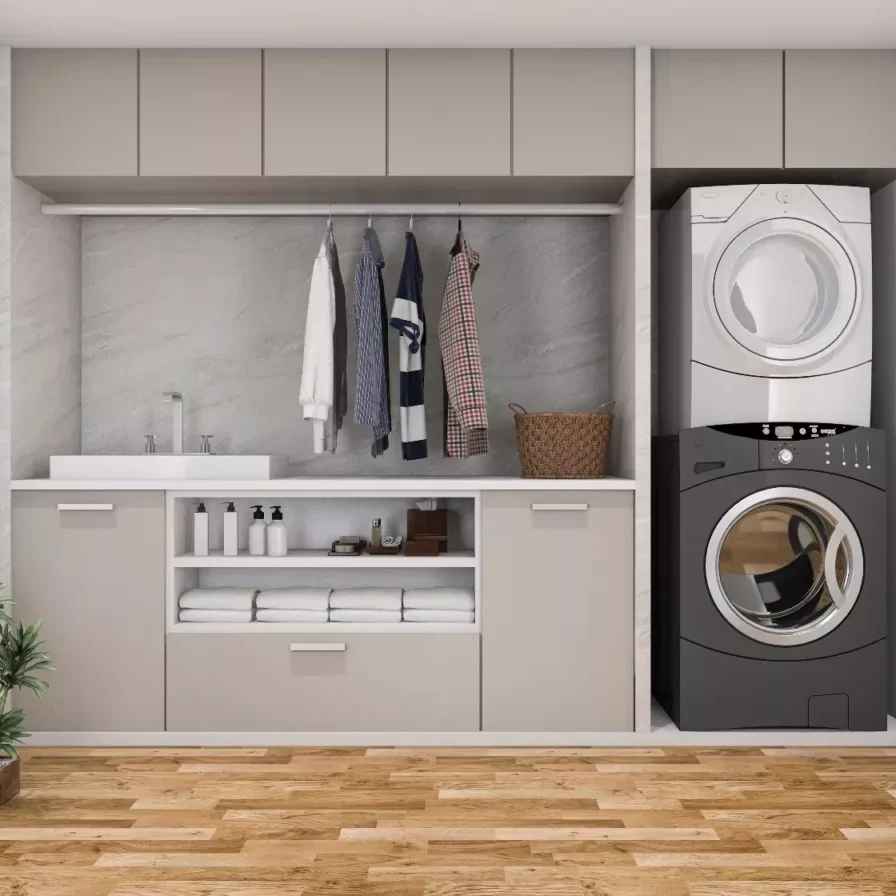
Laundry Room
A Laundry Room Makeover Has Never Been Easier Laundry Room Cabinet Refacing throughout Arizona Do you have big remodeling plans…

Kitchen
Enjoy the Kitchen Cabinets of Your Dreams for a Price You’ll Love Kitchen Cabinet Refacing throughout Arizona Experience a transformation…
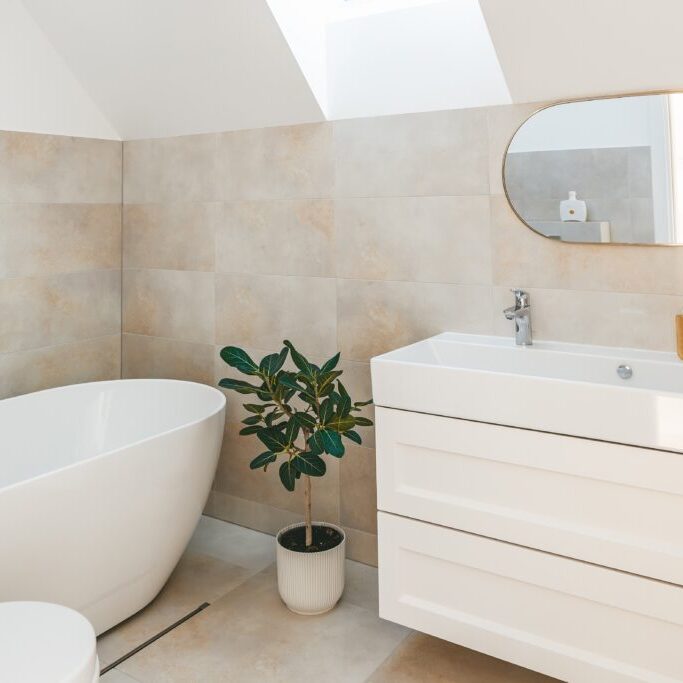
Bathroom
Update Your Bathroom Cabinetry for a Fraction of the Cost of Buying New Bathroom Cabinet Refacing throughout Arizona Breathe new…
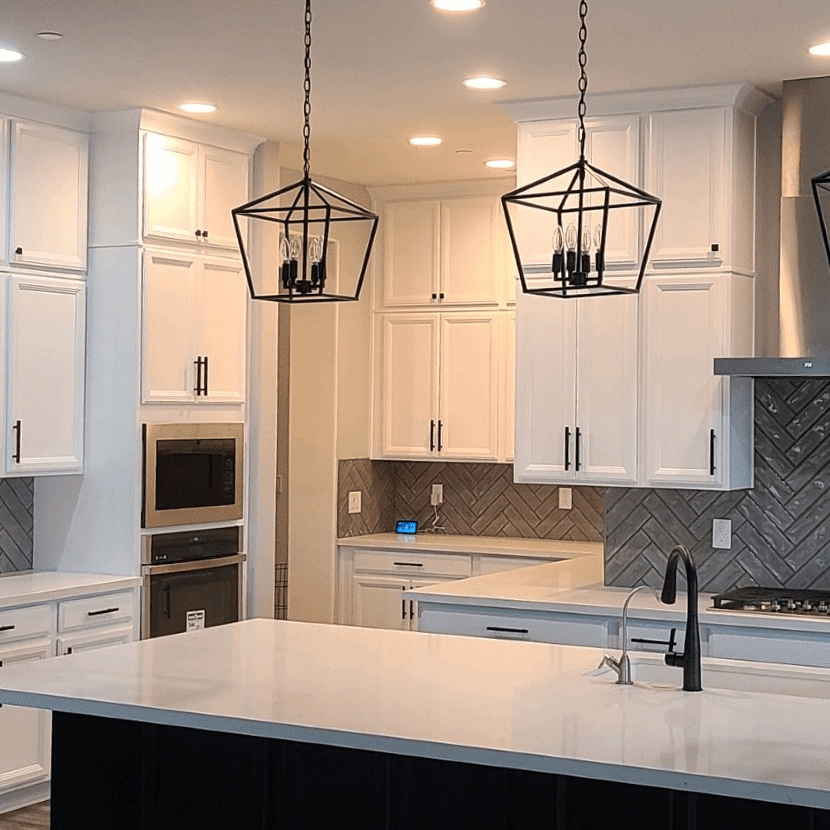
Cabinet Remodeling
A New Look Designed for Your Space. Cabinet Remodeling throughout Arizona Cabinet Coatings has been one of the Valley’s leaders…


